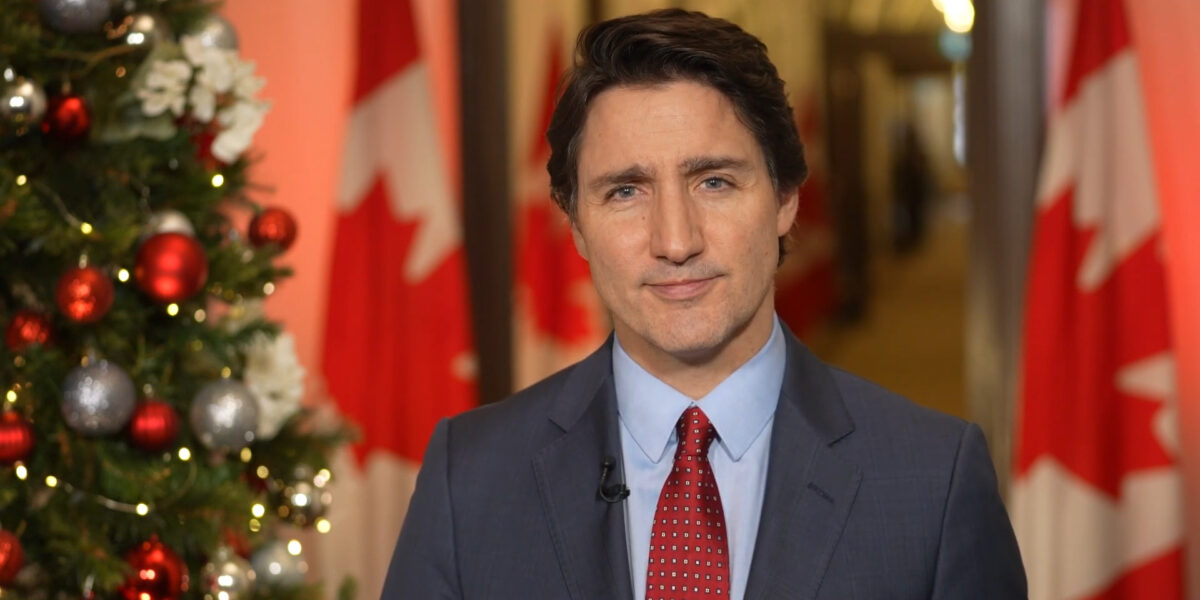Yesterday, the Liberal government tabled legislation for a two-month Good and Services Tax/Harmonized Sales Tax (GST/HST) holiday for products commonly bought around the holidays including food and alcohol.
The bill was introduced after Finance Minister Chrystia Freeland and Prime Minister Justin Trudeau made a promise to bring in the tax holiday as well as a $250 rebate for workers who made $150,000 or less in 2023.
As a minority government, the Liberals need the support of another party to pass legislation. Leader of the NDP, Jagmeet Singh, said his party would not support the bill unless it separated the tax break from the $250 rebate. He said the GST holiday must be passed immediately but the rebate cheque program be expanded to include seniors, students and people living with disabilities.
“We need to see real relief for Canadians. People are hurting right now,” Singh said.
Bea Bruske, president of the Canadian Labour Congress (CLC) said the measures to include a GST break will provide temporary relief but it is not enough.
“Millions of Canadians are facing skyrocketing grocery bills, unaffordable housing, and stagnant wages. These challenges demand bold, structural solutions—not just tax holidays,” Bruske said. “A temporary tax break on certain items over the holidays is helpful but does not address the systemic issues driving inequality and financial precarity.”
Bruske and the CLC held their annual lobby day at Parliament Hill on Wednesday. The congress and its member unions demanded decisive action to support workers. Concrete steps the government could take include expanding Employment Insurance access, investing in skills training, strengthening the care economy and improving workplace standards and union access to protect workers’ rights.
“Canadians are being squeezed from every angle, and the government has a responsibility to act now,” said Bruske.
While the CLC is pushing for larger investments and systemic changes to address the affordability crisis, the opposition has denounced the proposed tax holiday and rebate altogether.
Pierre Poilievre, leader of the Conservative Party of Canada, said his party will vote against this bill because it is “irresponsible” and “inflationist.”
However, some economists argue that inflation is driven by price gouging and business decisions, not government nor monetary policy.
Mario Seccareccia, professor emeritus from the University of Ottawa’s economics department, previously told rabble.ca the price of goods is driven by the decisions made by business firms.
READ MORE: Bank of Canada inflation policies widened wealth gap
D.T. Cochrane, senior economist at the CLC, made a similar point in a past interview with rabble. Cochrane emphasized the role of price gouging in driving up inflation. He said the idea that inflation is driven by demand is “misguided.” Increasing worker purchasing and bargaining power shouldn’t spark fears of rising inflation.
“There is this turmoil that’s happening. Because prices are rising higher, powerful companies are able to boost their profit margins,” Cochrane said. “The inflation we were experiencing was coming from the supply side.”
In a press release about the CLC lobby day, Bruske said the government should hold corporations accountable for their role in the cost of living crisis. She said measures to lead working families out of this crisis must address the root causes of the current economic inequality.
“The government should prioritize meaningful investments in housing and health care to create lasting impact,” she said. “A real plan to support working families goes beyond seasonal relief—it requires lasting change.”



